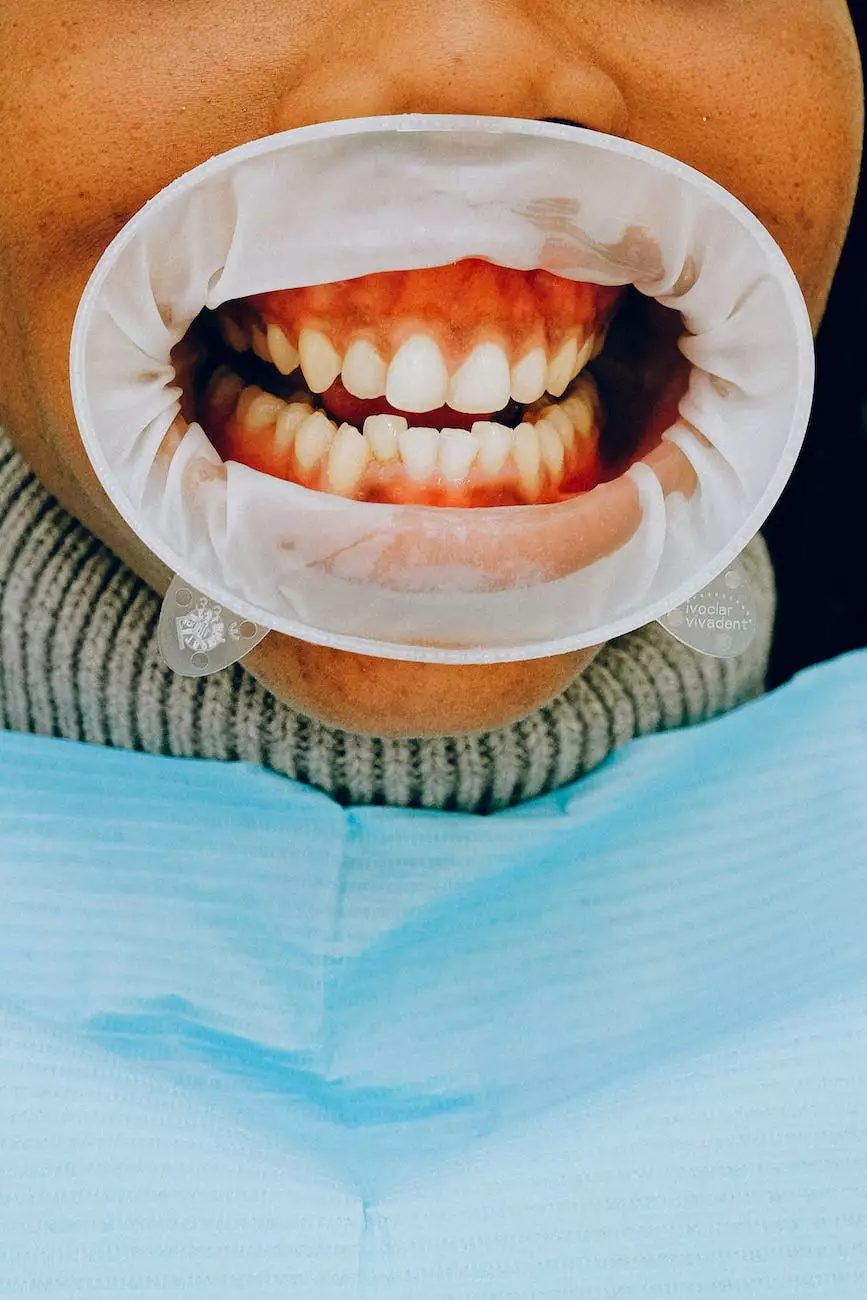The Ultimate Guide to Oral Health Infographic
Education
Introduction
Welcome to "The Ultimate Guide to Oral Health Infographic"! This comprehensive guide, brought to you by Roxanne Weber, VOA, will provide you with all the essential information and tips to maintain excellent oral health.
Why Oral Health Matters
Good oral health is not only crucial for maintaining a beautiful smile, but it also plays a significant role in your overall well-being. Neglecting oral hygiene can lead to various dental problems, such as cavities, gum disease, and bad breath. Additionally, research has shown a connection between oral health and other health conditions like heart disease and diabetes. Developing proper oral care habits is essential for a healthy life.
The Importance of Regular Dental Check-ups
Regular dental check-ups are a fundamental part of maintaining optimal oral health. Visiting your dentist at least twice a year allows for the early detection of any dental issues and ensures timely treatment. During these check-ups, your dentist will perform a thorough examination, professional cleaning, and may take X-rays if needed. Preventive care and early intervention can save you from more extensive dental procedures down the line.
Effective Oral Hygiene Practices
Brushing your Teeth
Brushing your teeth at least twice a day is the cornerstone of a healthy oral hygiene routine. Use a soft-bristle toothbrush and fluoride toothpaste. Gently brush your teeth in circular motions, paying attention to all surfaces, including the gumline. Don't forget to brush your tongue as well to remove bacteria and freshen your breath.
Flossing Daily
Flossing is often neglected, but it is essential for removing plaque and food particles from between your teeth and along the gumline. Make sure to floss at least once a day, using proper flossing techniques, such as curving the floss into a C-shape around each tooth and sliding it up and down.
Mouthwash and Rinsing
In addition to brushing and flossing, using antimicrobial mouthwash helps kill bacteria that cause gum disease and bad breath. Rinse your mouth with mouthwash for about 30 seconds after brushing and flossing, making sure not to swallow it. It is an excellent way to enhance your oral hygiene routine.
Eating a Balanced Diet
What you consume impacts your oral health. A diet rich in fruits, vegetables, whole grains, and lean proteins provides essential nutrients for the health of your teeth and gums. Avoid excessive consumption of sugary and acidic foods, as they can contribute to tooth decay. Drinking plenty of water also helps wash away food particles and keeps your mouth hydrated.
Preventing Dental Problems
Fluoride and Sealants
Fluoride, found in toothpaste and some drinking water, helps strengthen tooth enamel and protect against decay. It is recommended to use fluoride toothpaste and consider fluoride treatments if your dentist recommends them. Dental sealants are also beneficial for protecting the chewing surfaces of your back teeth, especially for children.
Avoiding Tobacco and Limiting Alcohol
Tobacco use, including smoking and smokeless tobacco, significantly increases the risk of gum disease, oral cancer, and other oral health problems. Limiting alcohol consumption also helps maintain good oral health, as excessive alcohol can cause dry mouth and contribute to tooth decay.
Protecting Your Teeth During Physical Activities
If you participate in contact sports or other physical activities, it is essential to wear a mouthguard to protect your teeth from potential trauma or injury. Custom-fitted mouthguards offer the best protection and should be considered for optimal oral safety.
Conclusion
Caring for your oral health is a lifelong commitment that yields numerous benefits. By implementing the recommendations provided in "The Ultimate Guide to Oral Health Infographic," you can take control of your oral hygiene and maintain a healthy smile for years to come. Remember, regular dental visits and a consistent oral care routine are key components of your journey towards optimal oral health.










